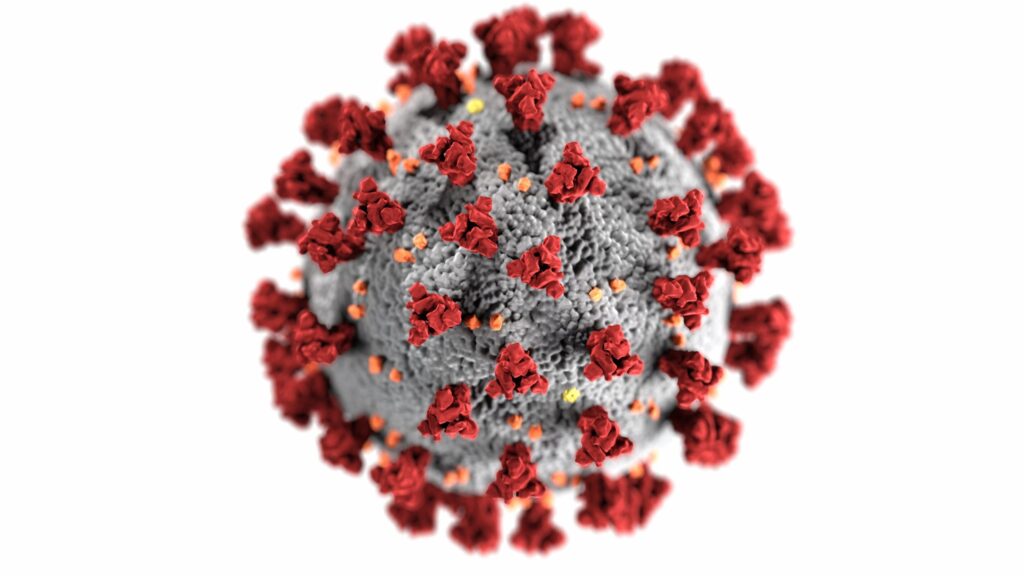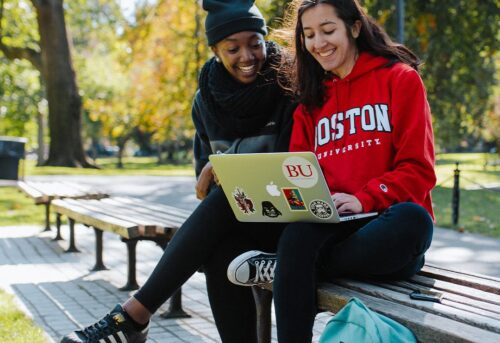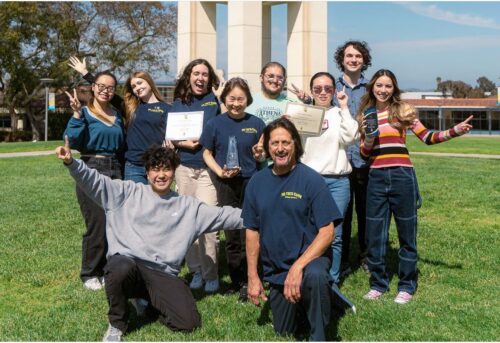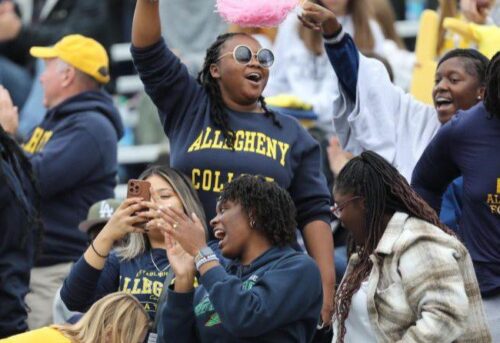The coronavirus pandemic has upset lives around the world in countless ways — as of December 9, there have been more than 15.2 million cases and 286,000 deaths in the United States alone and more than 68.4 million cases and 1.6 million deaths worldwide.
This led Columbia University in New York to establish the Justice and Pandemics Preparedness Academy, a co-curricular opportunity for students to learn from the pandemic so future responses and preparations can be better informed. It will be offered each of the three semesters of the 2020-2021 academic year, and only 20 participants will be selected each semester.
Three Phi Theta Kappa alumni were among the Academy’s first cohort: Noelle Files, James Elliott, and Alison Kitchkommie. And, all three said their Phi Theta Kappa membership helped better prepare them for both the Academy and life at Columbia.
Like much of the world, each of these alumni has been impacted by the coronavirus in a number of ways since it began spreading in early 2020. Noelle, 43, contracted COVID-19 in recent weeks and has been quarantining at home.

Noelle’s final semester at Lone Star College in Texas this past spring was moved online, severely disrupting her schedule. A political science internship was cut short and her paid summer internship ended early due to company-wide layoffs. Now at Columbia as a Program for Academic Leadership and Service (PALS) Scholar, she’s majoring in political science and saw the Academy as an opportunity to get involved with a meaningful initiative on campus promoting social equity and justice.
“Because the Academy is built upon a mentor-mentee basis, I hoped to be able to glean valuable perspectives on the racial issues that plague society,” she said. “I also hoped to be able to participate in the conversations over how to best begin addressing racial issues and the negative impact COVID has had, particularly on vulnerable members of society.”
The Academy consists of lectures, a weekly journal club, and an individual or collaborative project. Noelle was mentored by Dr. Marlyn Delva, Columbia’s Dean of Academic Success at its School of General Studies, in a collaborative research project investigating the Academy and the gap it will fill in the research on pandemic response in an educational setting.
For Noelle, spending time with other students in Phi Theta Kappa who were like-minded about their education inspired her to aim higher and apply to a transfer institution she’d originally felt was out of her reach. She said the service and scholarship aspects of PTK have served her well.
“Because of my involvement in the Honors in Action Project, I came into the (Academy) with valuable collaborative experience and a mindset that was ready to tackle an ambitious project,” she said.
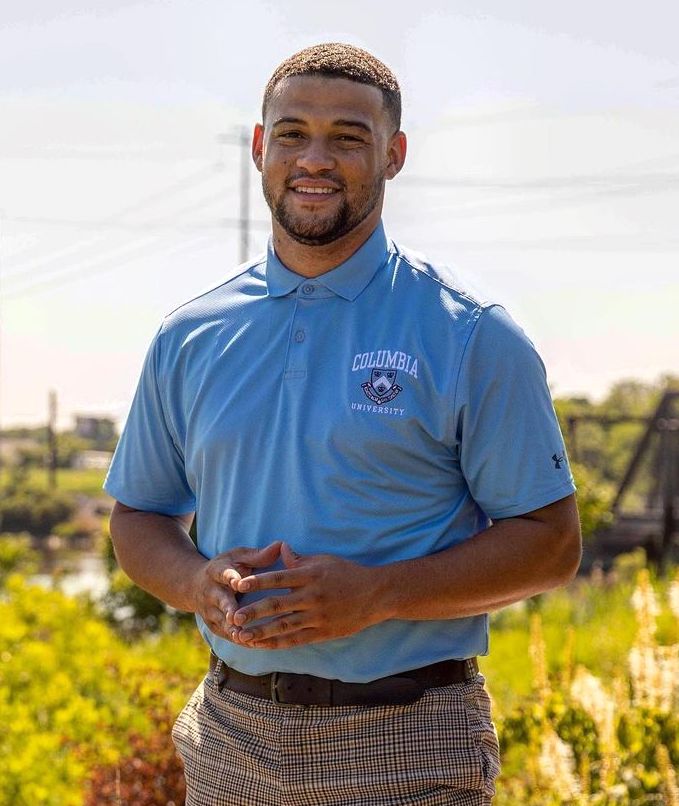
James, 29, is also majoring in political science with a concentration in African-American and African Diaspora Studies, and he, too, is a PALS Scholar. The Delaware Technical Community College alumnus recently lost his grandfather to COVID-19 complications and said the Academy opened his eyes to the disparities the pandemic has exposed.
“I wanted to be more than just ‘not the problem,’ ” he said. “I wanted to become a part of the solution.”
James’ Academy project brought his own experience with the criminal justice system into discussions with his team and focused on documenting the current practices used by colleges and universities to inquire about applicants’ criminal histories — whether they’re “banning the box” students must check.
James, PTK’s 2019-2020 International President, said applying for scholarships and leadership positions within the organization helped hone his writing skills. He added that demonstrating PTK’s four Hallmarks of Scholarship, Leadership, Service, and Fellowship have been crucial to successfully transferring to and integrating into the Columbia University community.
“They want to see the scholarships students have earned, applicants who demonstrate on paper their leadership roles and capabilities, students who are active in service in their communities outside of the classrooms, and, lastly, students who can articulate and demonstrate their ability to work with one another,” he said.

Alison, 43, attended Henry Ford College in Michigan and is a human rights major with a specialization in social stratification. She is in her third year at Columbia and applied to the Academy to gain a better understanding of how structural racism, public health response, and political messaging have affected the health outcomes of low-income and marginalized populations during the pandemic.
From her home in the Detroit suburbs, she has witnessed the disproportionate effects of COVID-19 on people of color in her state. On a personal level, her extended family has dealt with illnesses, hospitalizations, and deaths directly related to the coronavirus.
“My project compared the disparities in lived experiences between people living in affluent neighborhoods and Detroit’s low-income and marginalized residents to determine how local pandemic-related media coverage targeting wealthy people informed public opinion on the severity of COVID-19,” she said.
Alison was a working adult when she started at Henry Ford College and was a PTK chapter officer. She received an $18,000 Phi Theta Kappa Transfer Scholarship to Columbia.
“Balancing classes and coursework with the responsibilities associated with PTK leadership helped me build a solid foundation in educational multi-tasking, which has allowed me to transition to Ivy League life,” she said. “My involvement with PTK, both as a member and an officer, helped me develop the driven, academic mindset necessary for my success.”
